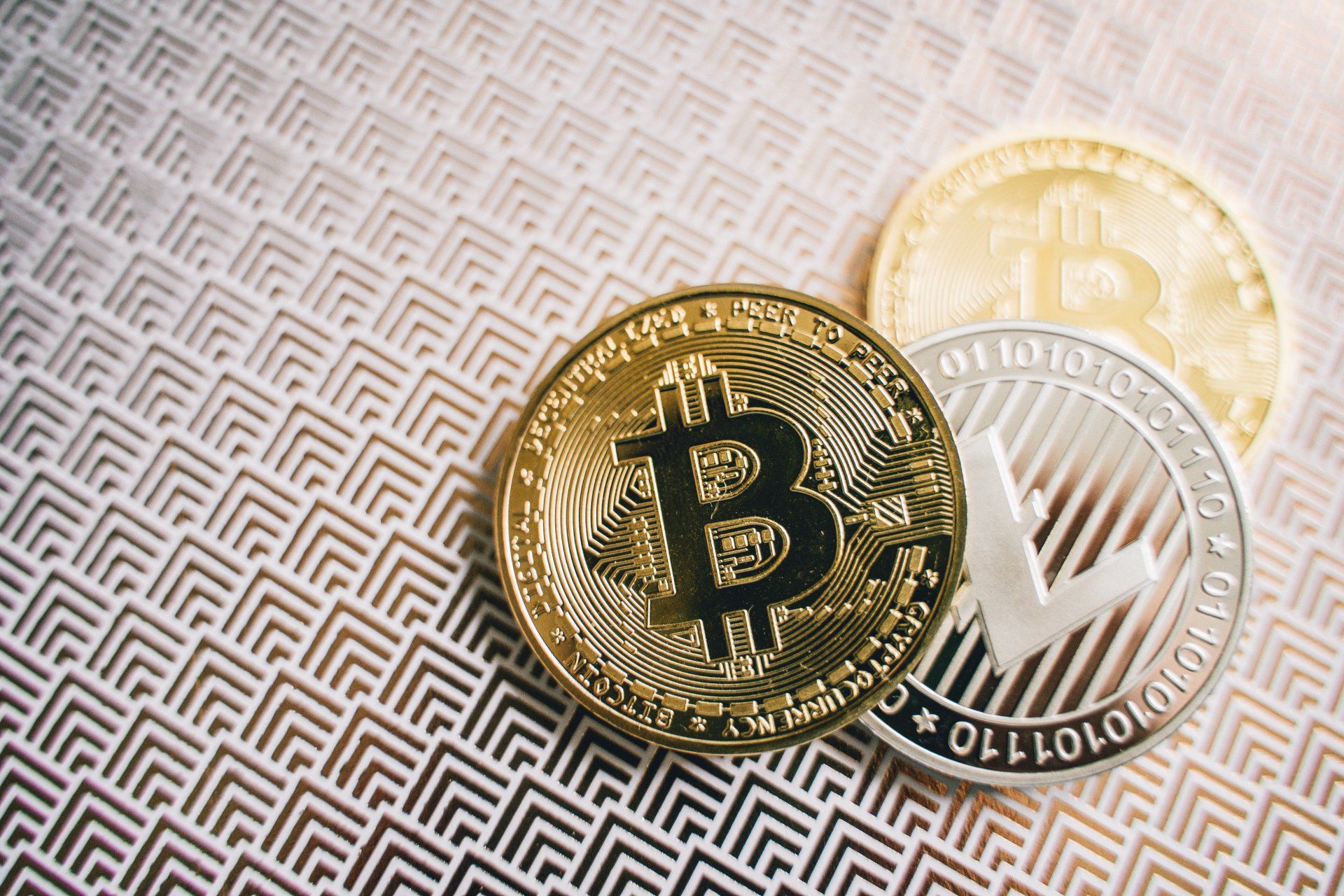Why you should store your family valuables, gold or cash in a safe in Switzerland
There is a growing trend of wealthy individuals and families who are storing their assets in Swiss banks located in the Alps. This phenomenon is being fueled by the country's favorable regulations, secure infrastructure, and an unrivaled level of discretion that provides clients with a sense of security.
But you do not need to be wealthy to benefit from Switzerland's safety. Even if you are far from being a millionaire, maybe you have just moved to Switzerland and are happy to have reached a couple of ten thousand in savings, opening a bank safe for your important valuables might be a great idea!
If you've ever wanted to store your family valuables, gold, or cash in a safe deposit box in a reliable country where your belongings can not be easily stolen or confiscated by a government, Switzerland might be just the right country for you. The traditional option is to go for a bank safe with your favorite Swiss bank, your "Hausbank".
But since this usually requires you to make that same bank also your main bank in Switzerland, this may not be the right choice for everyone. Maybe you want to have your bank account for your monthly salary with bank A, but another bank B has a more convenient location to store your valuables. Typically this means you will have to bite into that sour grape and switch bank accounts to bank B. But fear not, there are alternative providers in Switzerland that are not banks and do not require you to switch banks just to open a bank safe.

Store your valuables in a bank safe in Switzerland
Imagine sipping on some delicious hot cocoa while the stunning Swiss Alps loom in the distance, knowing all the while that your cherished valuables are safely tucked away in a secure, world-class bank safe. You can smile to yourself, for you have made the clever decision to store your assets in a bank safe in Switzerland. Besides the aesthetic pleasures of its stunning landscapes, Switzerland is internationally recognized for its
financial stability, strict privacy laws, and impeccable reputation for security. By choosing to store your valuables in a Swiss bank safe, you are not only embracing peace of mind and discretion, but you are also investing in the
time-tested reliability and expertise of Swiss banking. So sit back, relax, and enjoy the fine Swiss hospitality, knowing that your prized possessions are guarded by
one of the safest countries in the world.

Store your valuables in a non-bank safe in Switzerland and keep your existing bank
When it comes to safeguarding your precious valuables, opting for a non-bank service provider can be a clever and friendly alternative that grants you independence from banks that offer safe deposit boxes. You might not want to open a bank account and move your main finance streams to a certain bank that has convenient safety deposit boxes.
One example is when you already have an account with a cost-efficient solution like neon or Yuh and are not (yet) a millionaire. In this case, you might want to still safe guard valuables from your family like jewelry, important documents such as your paper wallet or an electronic hardware wallet like Ledger. But switching your main bank account to your local Kantonalbank might not be what you want since the Kantonalbank has a terrible app and mediocre website while you really love your neon or Yuh app.
Traditional Swiss banks like Züricher Kantonalbank, Raiffeisen, UBS or Credit Suisse will not allow you to open a bank safe with them unless you move your main banking relationship to them as well.
Additionally,
diversifying your storage locations is a smart strategy that adds an extra layer of protection to your assets, significantly reducing the risk of complete loss due to theft, natural disasters, or systemic failures of one bank (Credit Suisse?). In a nutshell, entrusting your treasures to a non-bank service provider offers you valuable peace of mind and security, while maintaining independence from your main banking institution.
Gold dealers offer safes as well
Providers like Degussa, Swiss Gold Safe or Swiss Liberty Safe are independent of your main bank. Getting yourself organized and saving one of life's ultimate treasures -- security in knowing that all our prized possessions are firmly tucked away with maximum ease and safety -- just got easier. Switzerland is known for its stability and legal protection given to those seeking secure storage options; no matter if it is in a bank or other type of company. Savings in physical gold are one example of things to store in your safe. But a digital nomad looking for a safe place for their hardware wallet or an expat looking for long-term storage options for important family valuables in one of Europe's safest countries will find a solution with one of these alternative safe providers. Don't worry anymore about where to put your precious items!

Don't forget about your crypto!
Finally, if you want to take your asset protection one step further, you should also consider investing in a hardware wallet or paper wallet specifically designed for storing cryptocurrency tokens. This is increasingly popular as it affords users an extra layer of security, allowing them to store their digital tokens in a secure and private manner. The hardware wallet is an electronic device that stores your crypto keys offline, whilst the paper wallet is a physical document containing your cryptocurrency information. Together with a Swiss bank safe, these two storage options are powerful tools for safeguarding your fortunes and ensuring financial stability for you and your family.
If you travel a lot, you need a bank safe
Traveling as a nomad, or simply vacationing abroad, offers a sense of adventure and an opportunity to create incredible memories. However, it is essential to keep your valuables safe, which includes safeguarding your crypto hardware or paper wallet, gold, and jewelry in a bank safe (or non-bank safe). Remember, it's crucial to be vigilant and cautious when it comes to protecting your valuables, so you can focus on enjoying your journey with peace of mind.
So, if you're serious about protecting your family assets and valuable possessions, then a Swiss bank safe is definitely the way to go. With its unbeatable security features and reliable infrastructure, it provides the perfect environment for preserving your treasures for generations to come.
This article is not financial, tax or legal advice by any means.
I am only sharing my own personal experiences here.
Always seek professional financial, tax or legal advice before making decisions.



